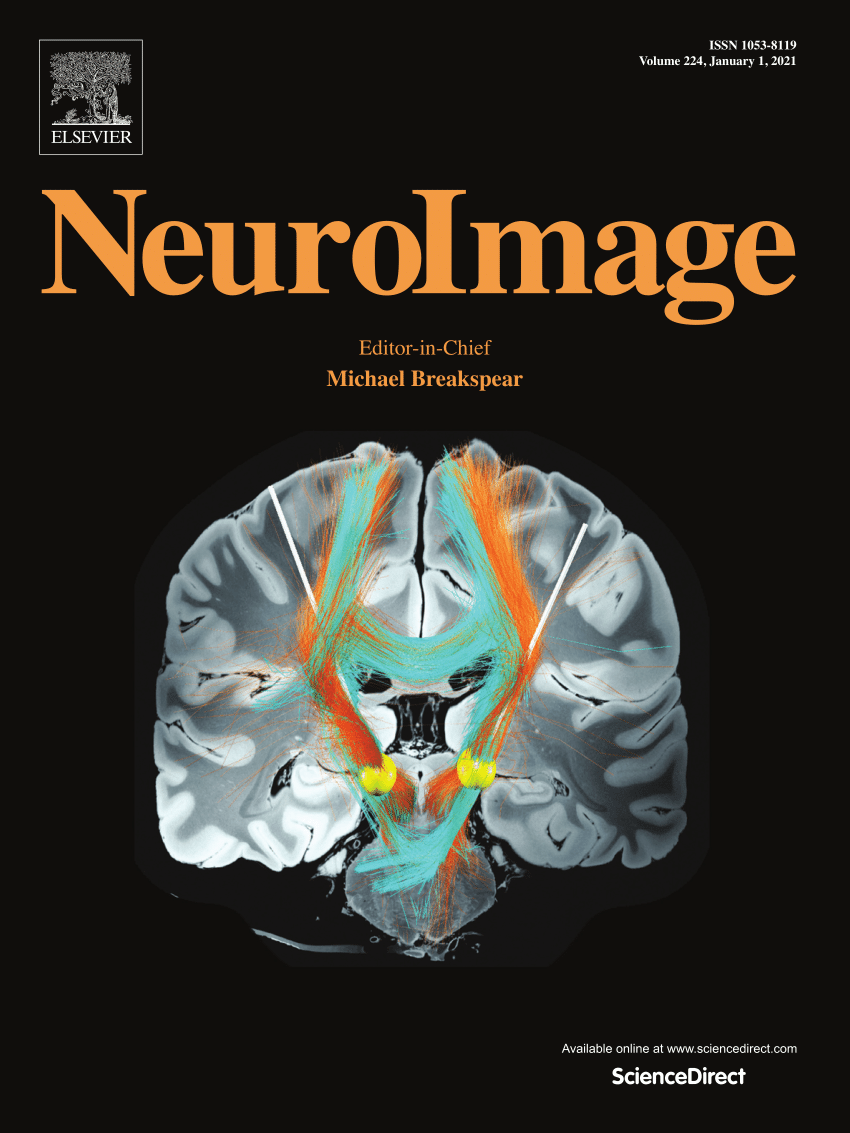Cerebellar representation during phonetic processing in tonal and non-tonal language speakers: An ALE meta-analysis
IF 4.7
2区 医学
Q1 NEUROIMAGING
引用次数: 0
Abstract
The role of the cerebellum in phonetic processing has been discovered and widely discussed for decades. However, with the idea that the cerebral representation of phonetic processing is different in tonal language and non-tonal language speakers, whether the cerebellar representation of phonetic processing differs based on language background remains unknown. In the present study, we conducted an activation likelihood estimation (ALE) analysis among 33 functional neuroimaging studies involving 541 healthy adults (213 tonal language speakers and 328 non-tonal language speakers). The aim was to explore the cerebellar representation of phonetic perception and phonetic production in these two language backgrounds. Our results demonstrated the involvement of cerebellum left Crus I, right Crus II, lobules VI, and VIIb in phonetic perception among tonal language speakers, whereas only one focal cluster (right Crus I and Crus II) was demonstrated in non-tonal language speakers. Conjunction analysis revealed overlapping regions located in the right Crus II both in tonal and non-tonal language speakers during phonetic perception. During phonetic production, no significant cluster was detected among tonal language speakers, whereas one focal cluster (within right lobule VI) was detected in non-tonal language speakers. These results highlight the specific cerebellar representation of phonetic processing in tonal and non-tonal languages. Overall, this ALE analysis provides a profound view of the neural mechanism of phonetic processing.
调和非调和语言使用者在语音处理过程中的小脑表征:ALE 元分析。
几十年来,小脑在语音处理中的作用已被发现并广泛讨论。然而,在音调语言和非音调语言使用者的语音处理大脑表征不同的观点下,语音处理的小脑表征是否因语言背景而异仍是未知数。在本研究中,我们对33项功能神经影像学研究进行了激活似然估计(ALE)分析,涉及541名健康成年人(213名使用声调语言,328名使用非声调语言)。研究的目的是探索这两种语言背景下小脑对语音感知和语音产生的表征。我们的研究结果表明,说声调语言的人的小脑左侧Crus I、右侧Crus II、小叶VI和VIIb参与了语音感知,而说非声调语言的人只有一个焦点群(右侧Crus I和Crus II)。连接分析显示,在音调语言和非音调语言的发音者中,在语音感知过程中,位于右侧Crus II的区域有重叠。在语音生成过程中,讲调和语言的人没有发现明显的集群,而讲非调和语言的人则发现了一个焦点集群(右侧第六小叶内)。这些结果突显了小脑在音调语言和非音调语言中语音处理的特殊代表性。总之,ALE 分析为语音处理的神经机制提供了一个深刻的视角。
本文章由计算机程序翻译,如有差异,请以英文原文为准。
求助全文
约1分钟内获得全文
求助全文
来源期刊

NeuroImage
医学-核医学
CiteScore
11.30
自引率
10.50%
发文量
809
审稿时长
63 days
期刊介绍:
NeuroImage, a Journal of Brain Function provides a vehicle for communicating important advances in acquiring, analyzing, and modelling neuroimaging data and in applying these techniques to the study of structure-function and brain-behavior relationships. Though the emphasis is on the macroscopic level of human brain organization, meso-and microscopic neuroimaging across all species will be considered if informative for understanding the aforementioned relationships.
 求助内容:
求助内容: 应助结果提醒方式:
应助结果提醒方式:


